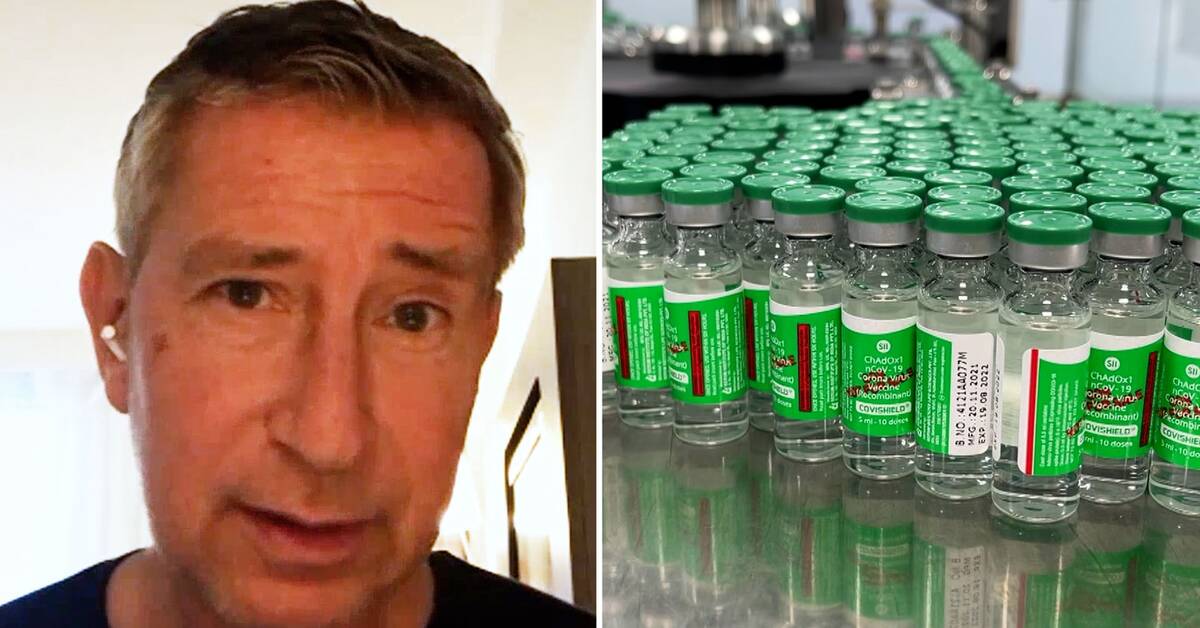About ten billion doses of covid vaccine were produced worldwide in 2021. But while Sweden and many other high-income countries can offer three doses to the population, only 4.2 percent of the inhabitants of the world's low-income countries were vaccinated with two doses at the end of 2021. A new report from Amnesty.
In the world's richest countries, 72.4 percent were fully vaccinated at the end of 2021, according to figures from the analysis company Airfinity.
According to statistics from the American Johns Hopkins University, 53.6 percent of the world's population is currently fully vaccinated.
11 percent of the population in African countries are fully vaccinated.
According to Amnesty, the reasons for the skewed distribution are, among other things, that vaccine manufacturers have set too high prices and prioritized deliveries to rich countries.
- The companies turned their backs on those who needed the vaccine the most and put the profits ahead of the people, says Rajat Khosla, Amnesty International's head of research, advocacy and politics, in a statement.
Far left to WHO goals
The report indicates that Pfizer / BioNTech and Moderna delivered less than 2 percent of their vaccines to low-income countries.
With the current vaccine rate and skewed distribution, according to Amnesty, there is still a long way to go before the goal of 70 percent vaccine coverage in mid-2022 that the World Health Organization, WHO, has set.
In a response to the report, Pfizer writes that the company is open to cooperation with other actors to bring access to health care more fairly globally.
The company also writes that it has full focus on getting safe and effective vaccines and drugs against covid-19 to patients all over the world as quickly as possible.
"Applies to get the vaccine"
Sweden's vaccine coordinator Richard Bergström believes that the problem of skewed distribution is more complex than blaming vaccine manufacturers such as Pfizer / BioNTech and Moderna.
He points to problems with high vaccine resistance in many countries and that Covax, the international vaccine collaboration to help low-income countries, bought vaccines from, among others, Astra Zeneca, which has production in India and was therefore affected by the country's export ban.
- We have seen a sharp increase in production capacity around the world, so we will soon reach a point where there is no huge shortage of vaccines.
Now it is a question of the capacity to get the vaccine out, says Richard Bergström.
Hear Richard Bergström in the clip above about the reasons for the differences in vaccine rate

